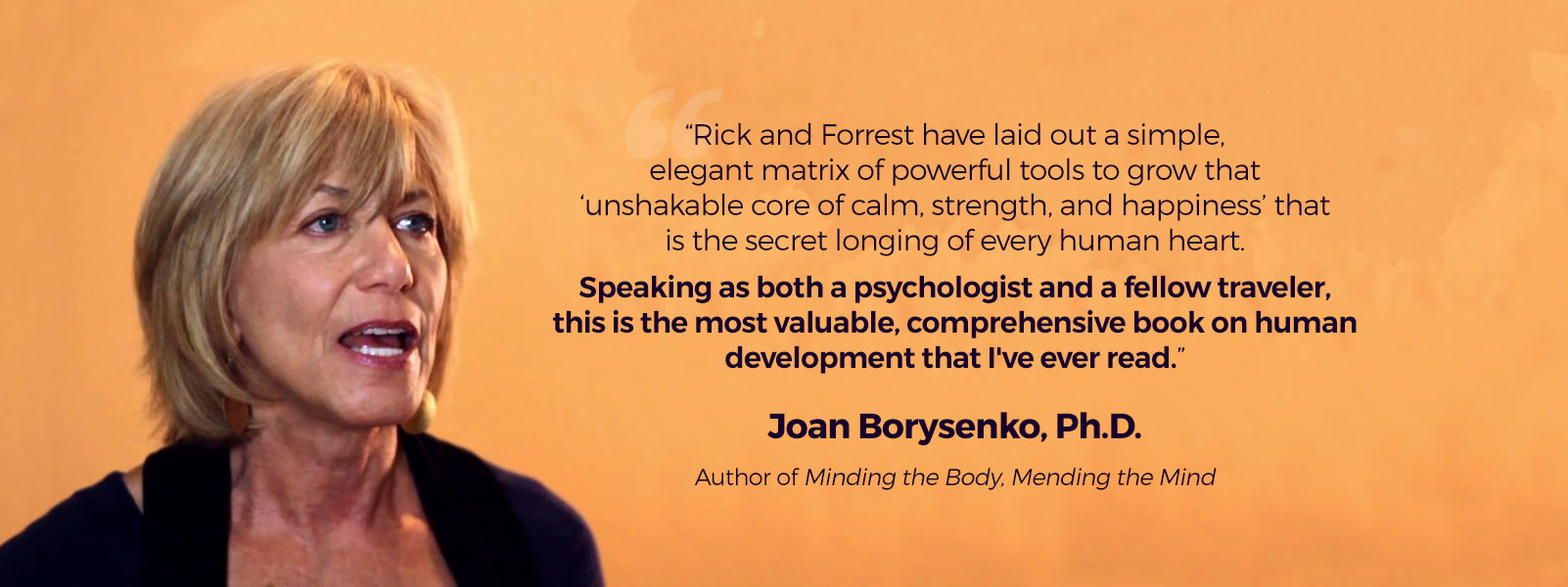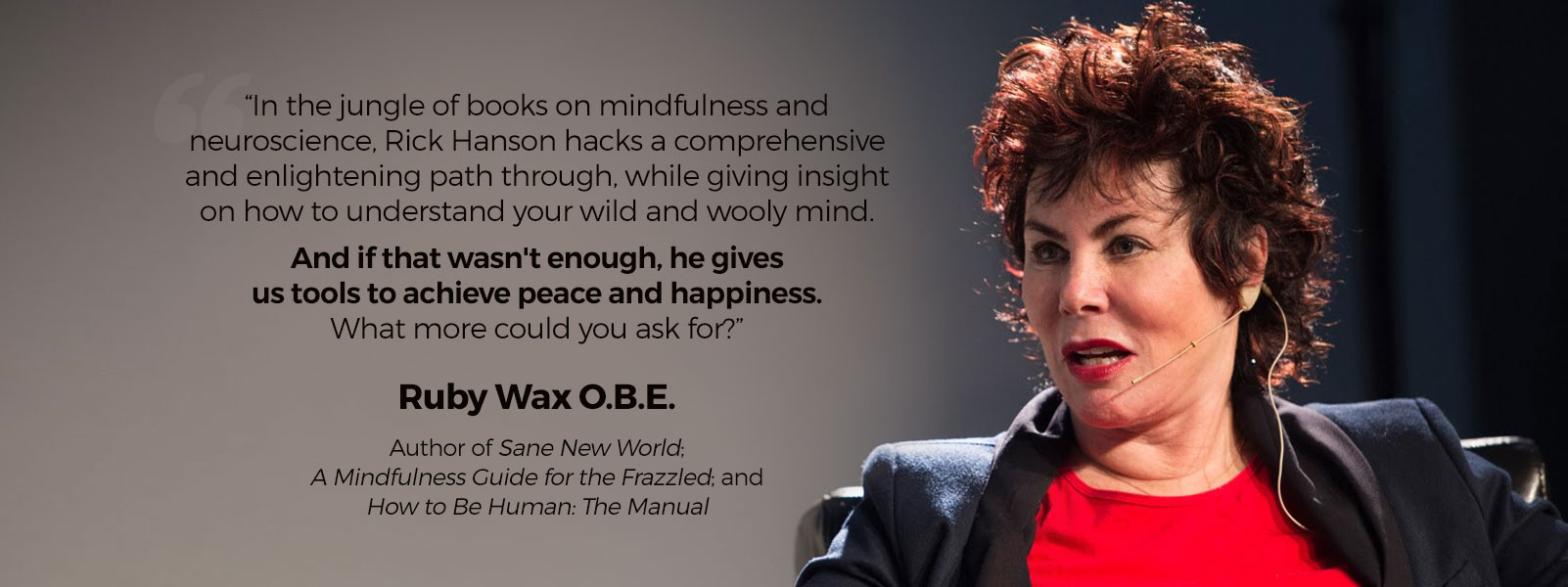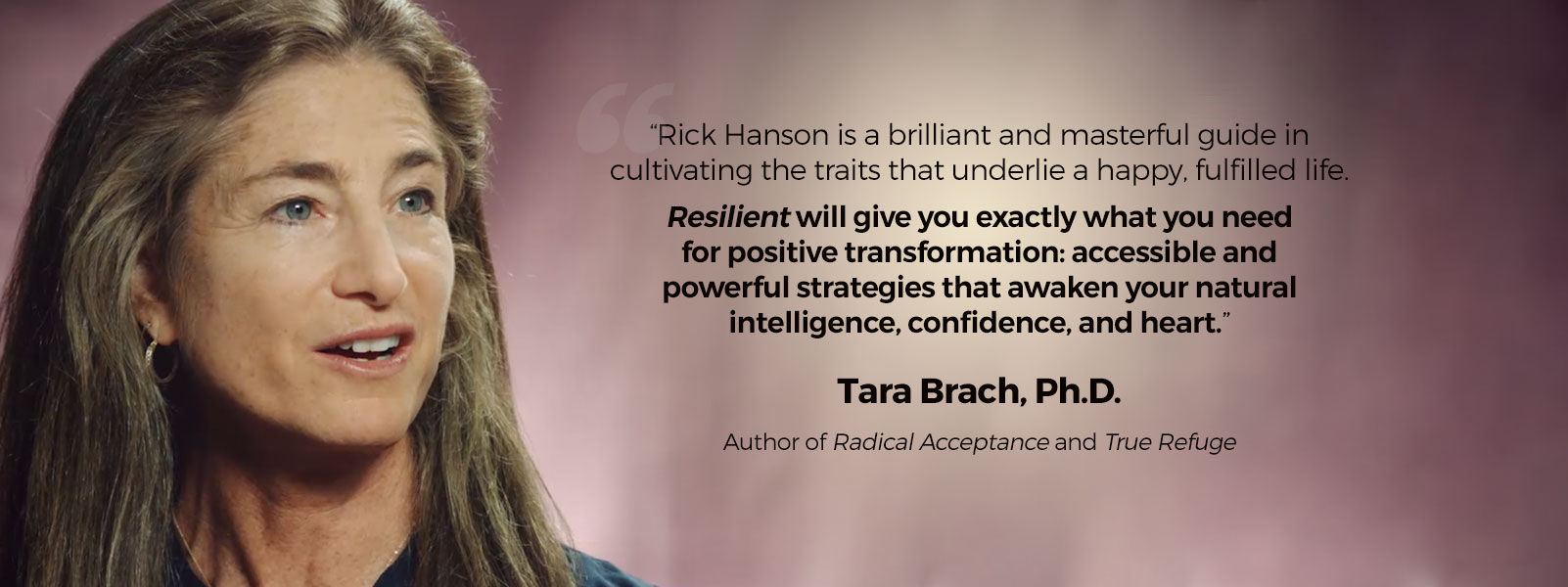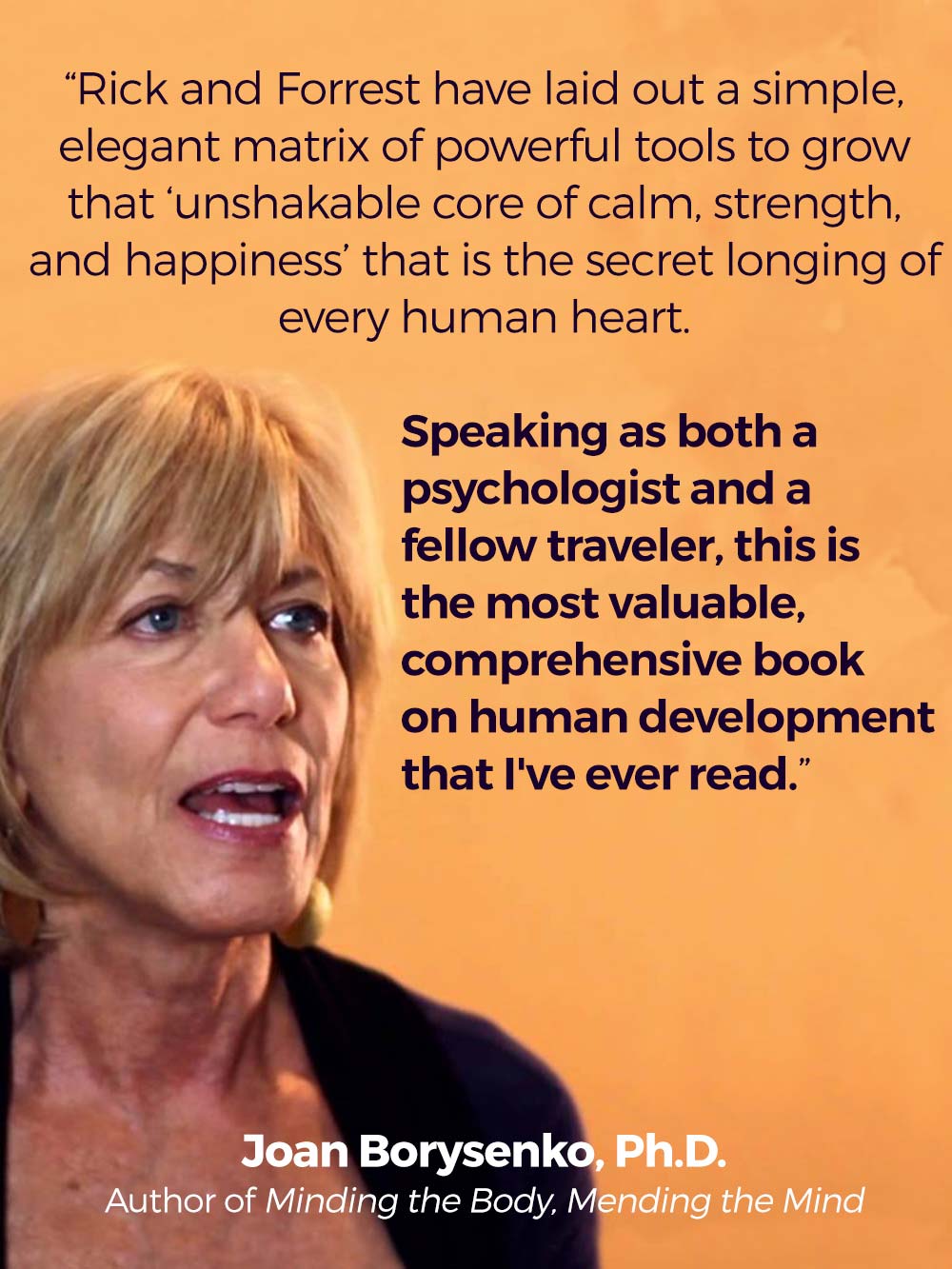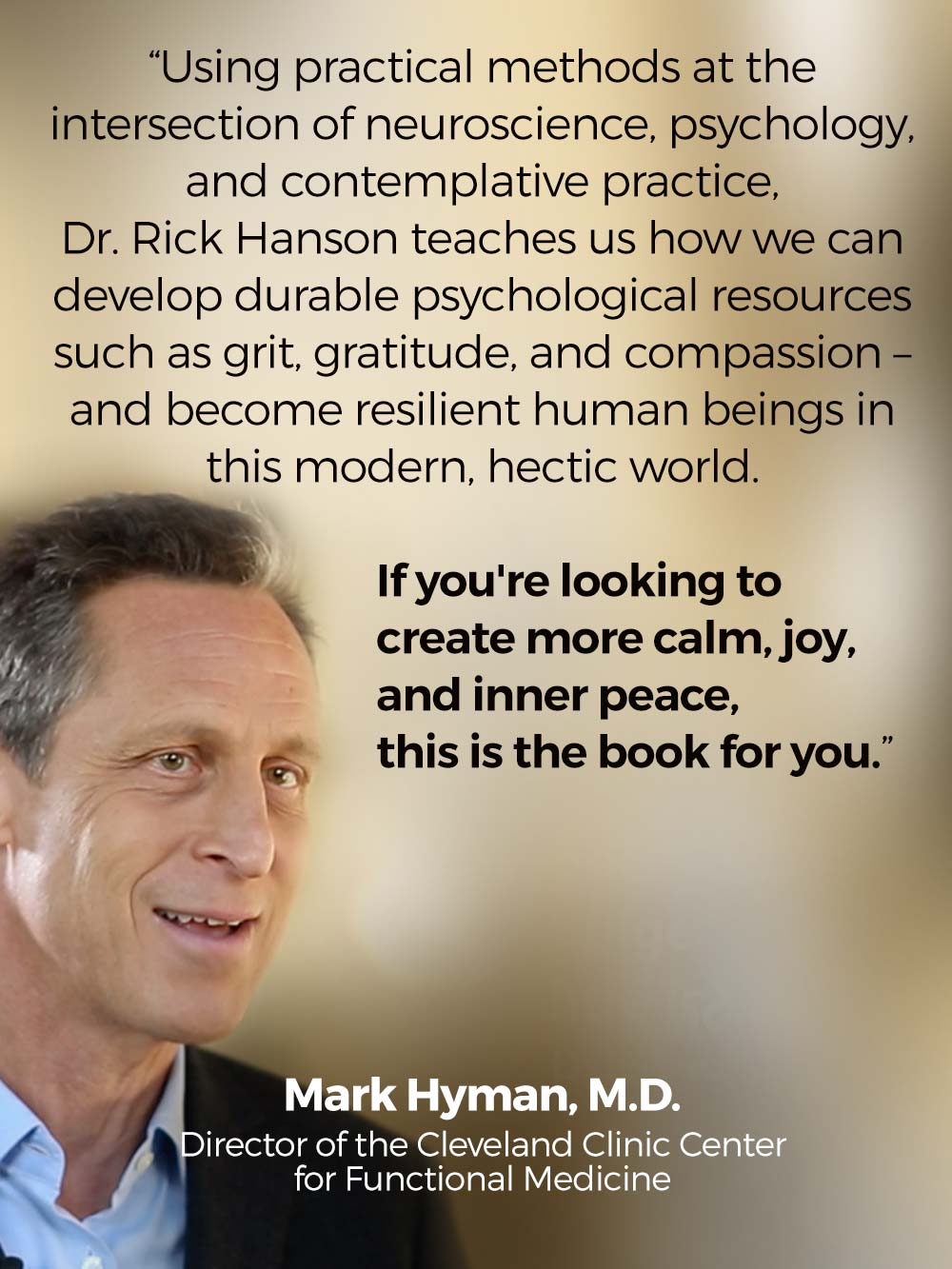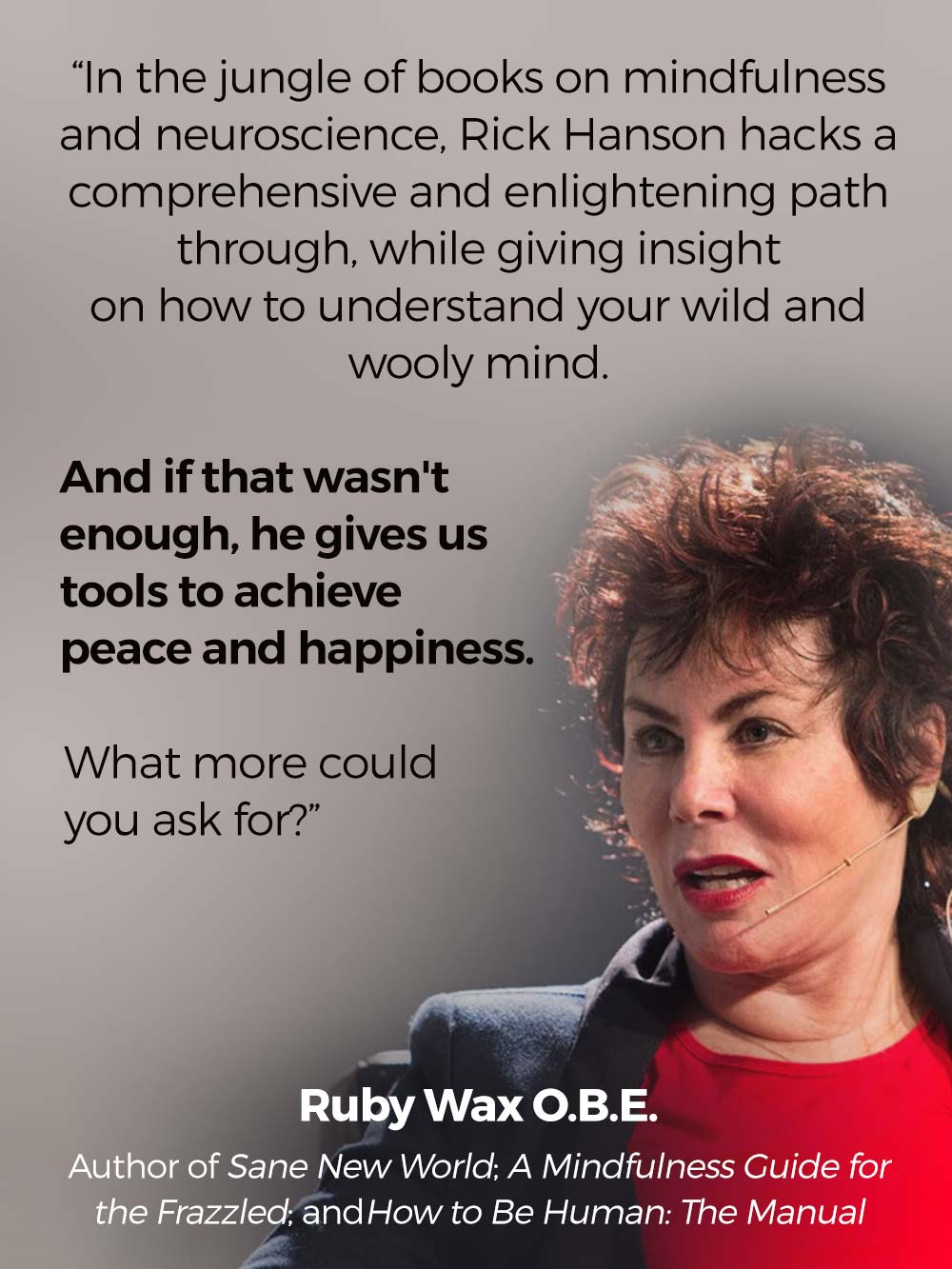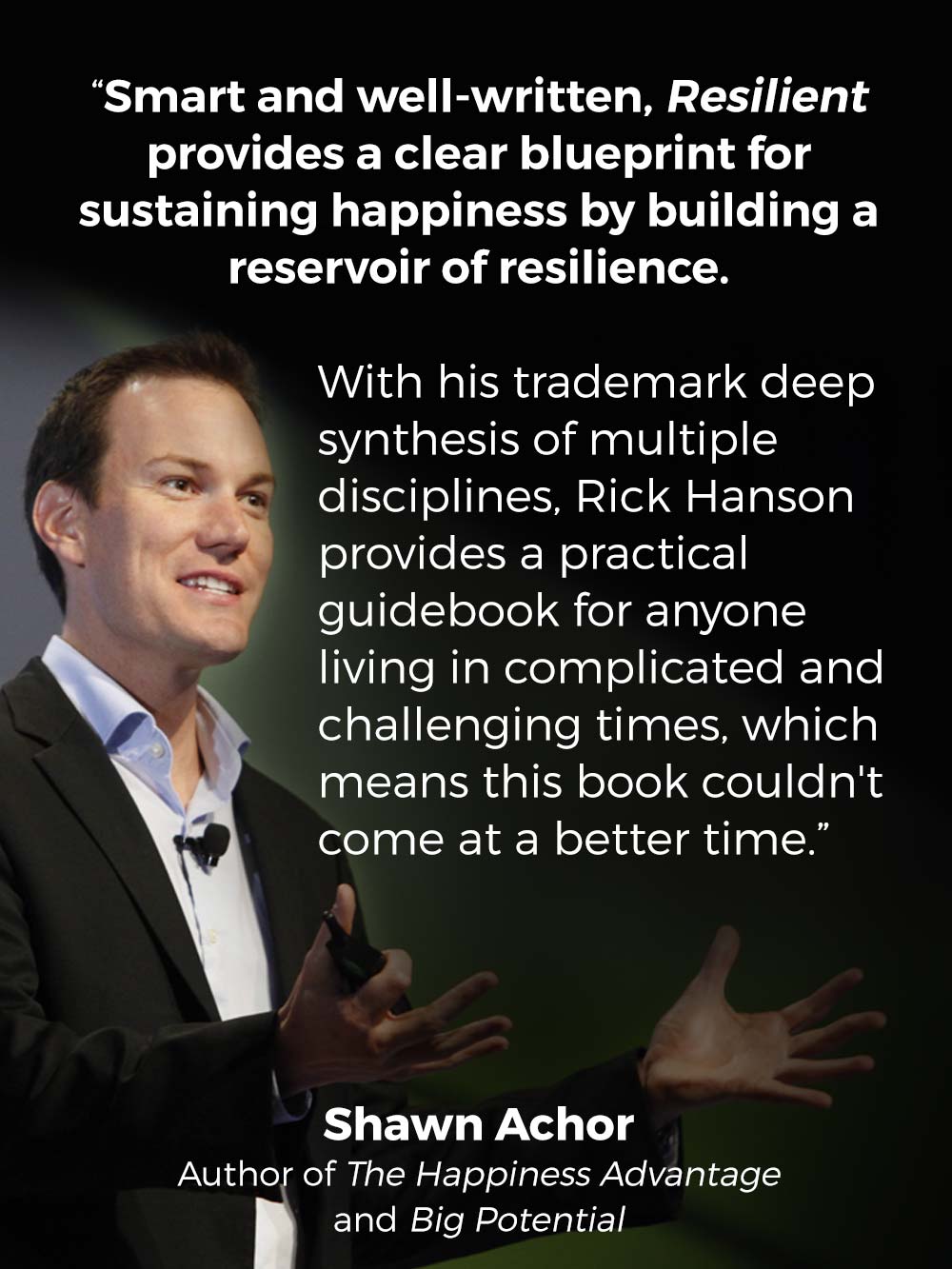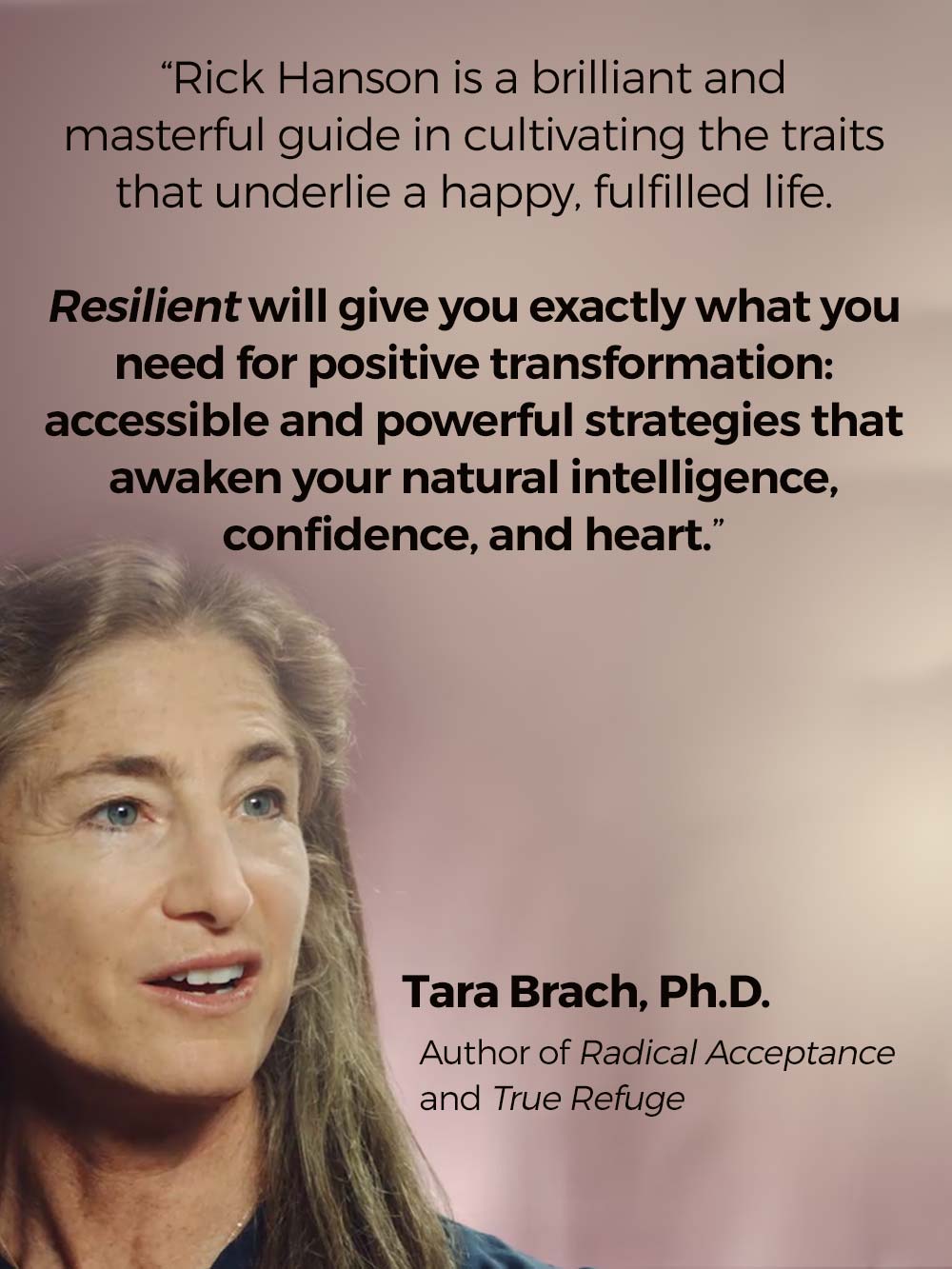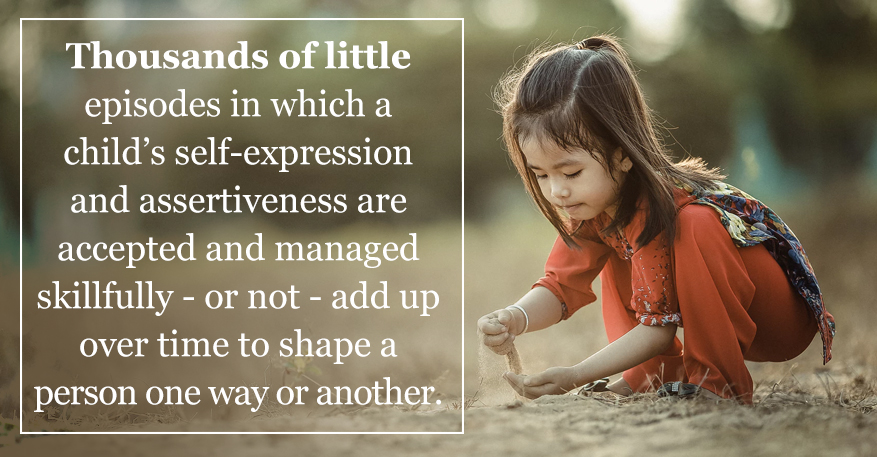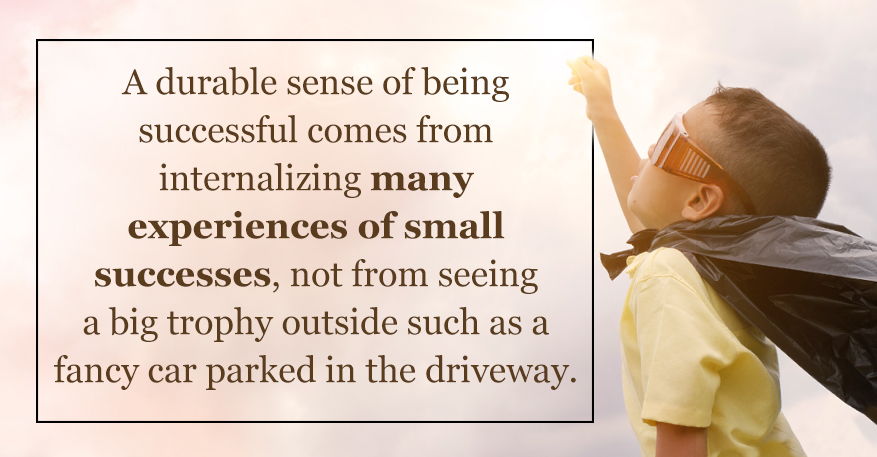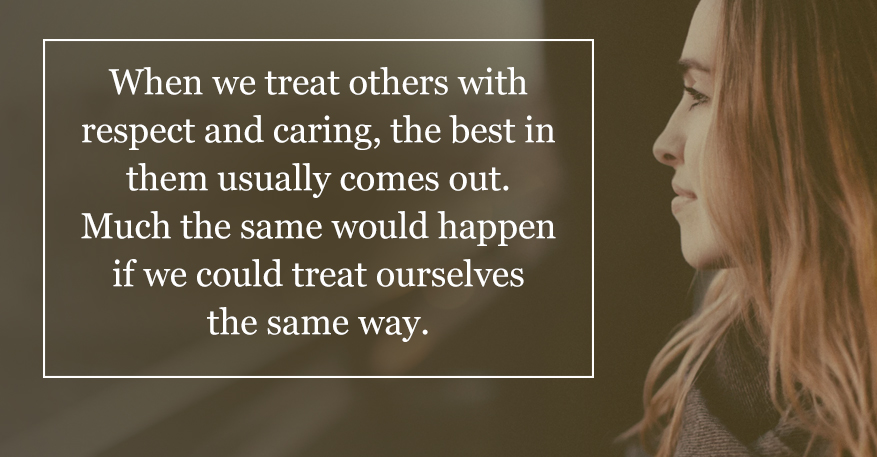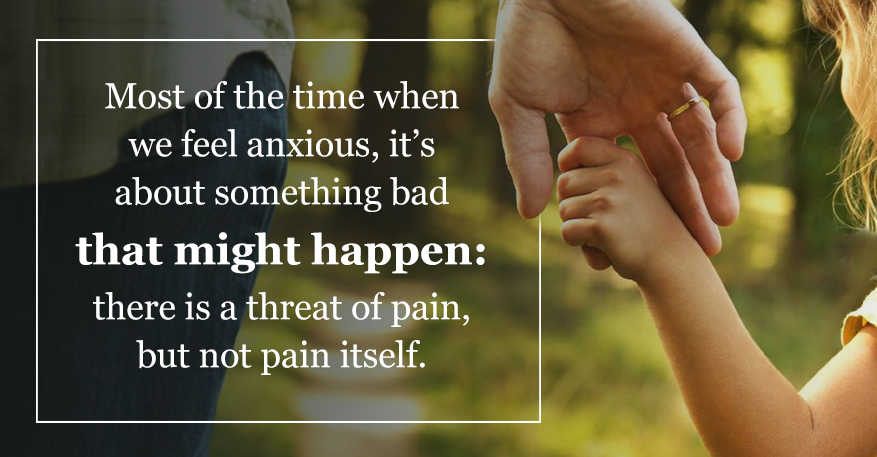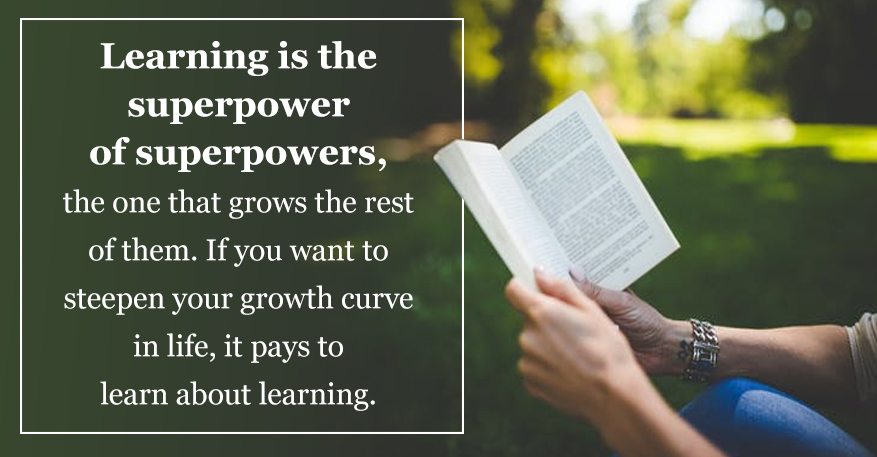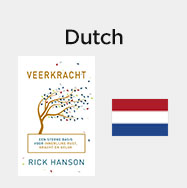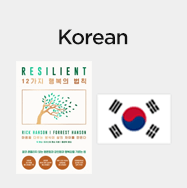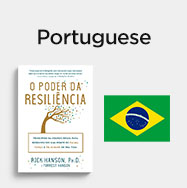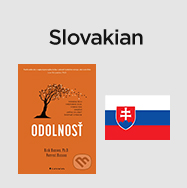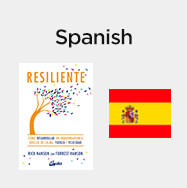Grow an Unshakable Core of Resilient Well-Being
Learn how to develop key inner strengths – like grit, gratitude, and compassion – to stay calm, confident, and happy no matter what life throws at you.
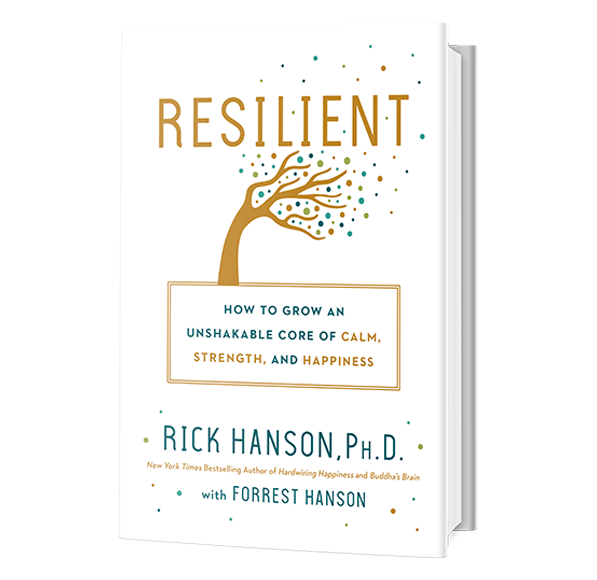

Grow an Unshakable Core of Resilient Well-Being
Learn how to develop key inner strengths – like grit, gratitude, and compassion – to stay calm, confident, and happy no matter what life throws at you.
Resilience Is For Thriving, Not Just Surviving
These days it’s hard to count on the world outside us. So it’s vital to grow strengths inside like self-worth, patience, kindness, and joy. These make you resilient: the foundation of lasting well-being in a changing world.
With his trademark blend of neuroscience, mindfulness, and practical psychology, New York Times bestselling author Dr. Rick Hanson (with Forrest Hanson) shows you how to deal with stress and pursue your dreams with a deep sense of capability and contentment.
Based on the successful Foundations of Well-Being program, as well as 30 years of clinical practice and teaching, this practical guide to reliable happiness is full of concrete suggestions, experiential practices, personal examples, and insights into the brain. It also includes many ways to handle conflicts with others and have more satisfying relationships.
Warm, encouraging, and down-to-earth, Dr. Hanson’s step-by-step approach is grounded in the science of positive neuroplasticity. He shows you how to overcome the brain’s negativity bias, release painful thoughts and feelings, and replace them with self-compassion, hope, and inner peace.
Resilience Is For Thriving, Not Just Surviving
 These days it’s hard to count on the world outside us. So it’s vital to grow strengths inside like self-worth, patience, kindness, and joy. These make you resilient: the foundation of lasting well-being in a changing world.
These days it’s hard to count on the world outside us. So it’s vital to grow strengths inside like self-worth, patience, kindness, and joy. These make you resilient: the foundation of lasting well-being in a changing world.
With his trademark blend of neuroscience, mindfulness, and practical psychology, New York Times bestselling author Dr. Rick Hanson (with Forrest Hanson) shows you how to deal with stress and pursue your dreams with a deep sense of capability and contentment.
Based on the successful Foundations of Well-Being program, plus 30 years of clinical practice and teaching, this practical guide to reliable happiness is full of concrete suggestions, experiential practices, personal examples, and insights into the brain. It also includes many ways to handle conflicts with others and have more satisfying relationships.
Warm, encouraging, and down-to-earth, Dr. Hanson’s step-by-step approach is grounded in the science of positive neuroplasticity. He shows you how to overcome the brain’s negativity bias, release painful thoughts and feelings, and replace them with self-compassion, hope, and inner peace.
Excerpts
Feeling Successful
Three Reasons to Be For Yourself
Enjoy Life
Feeling Safer
The Importance of Learning
Order Your Copy
INTERNATIONAL


